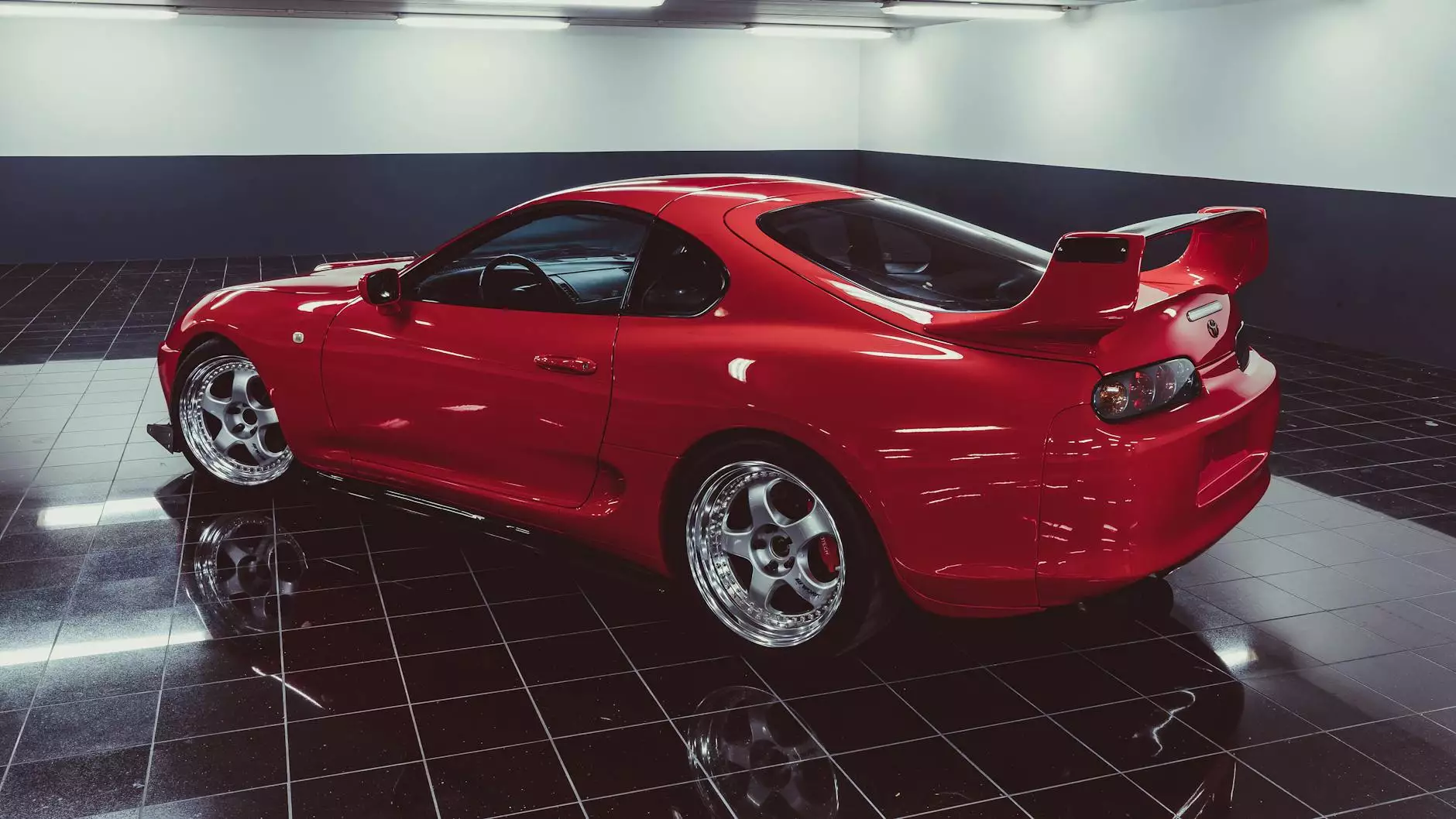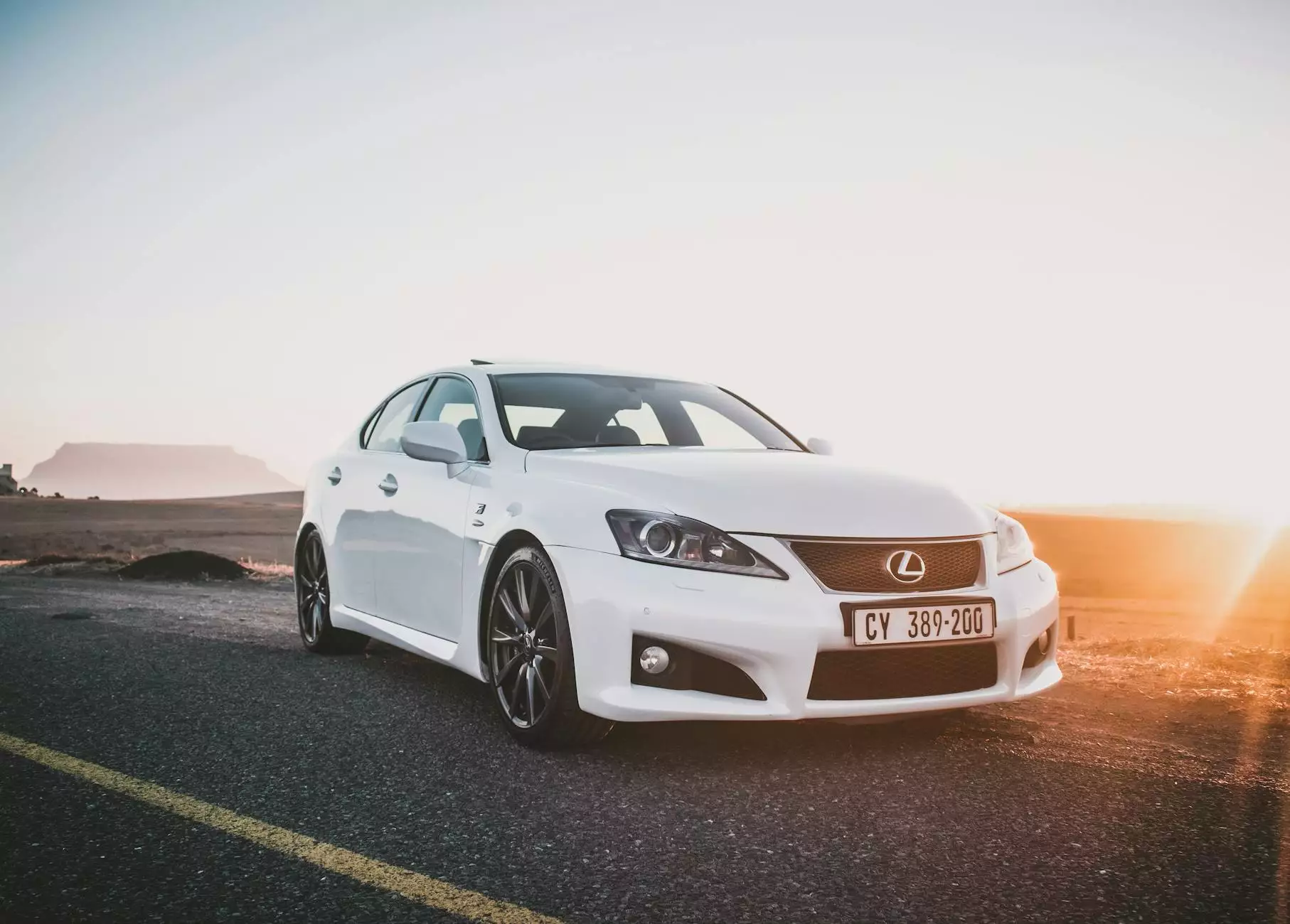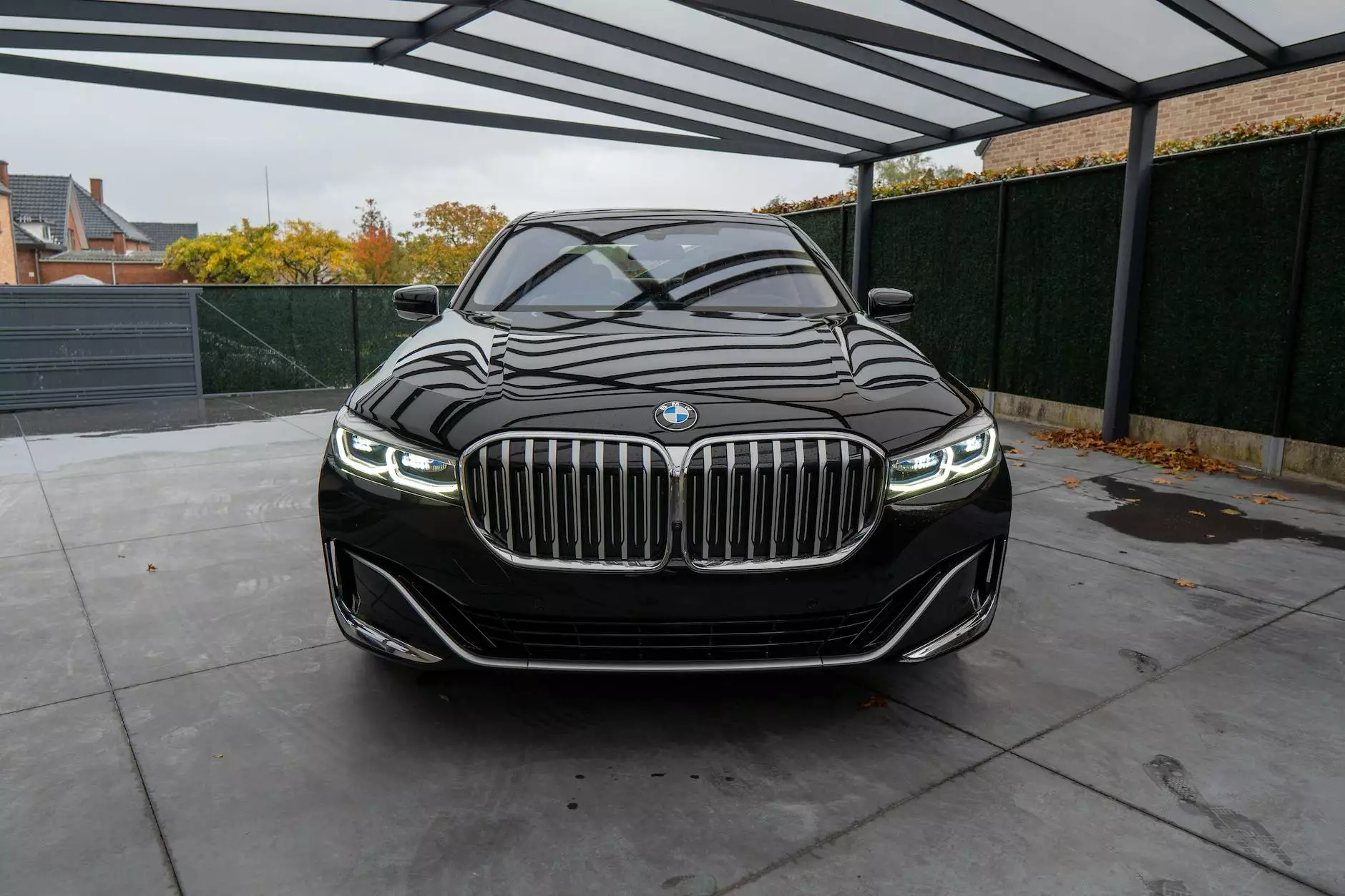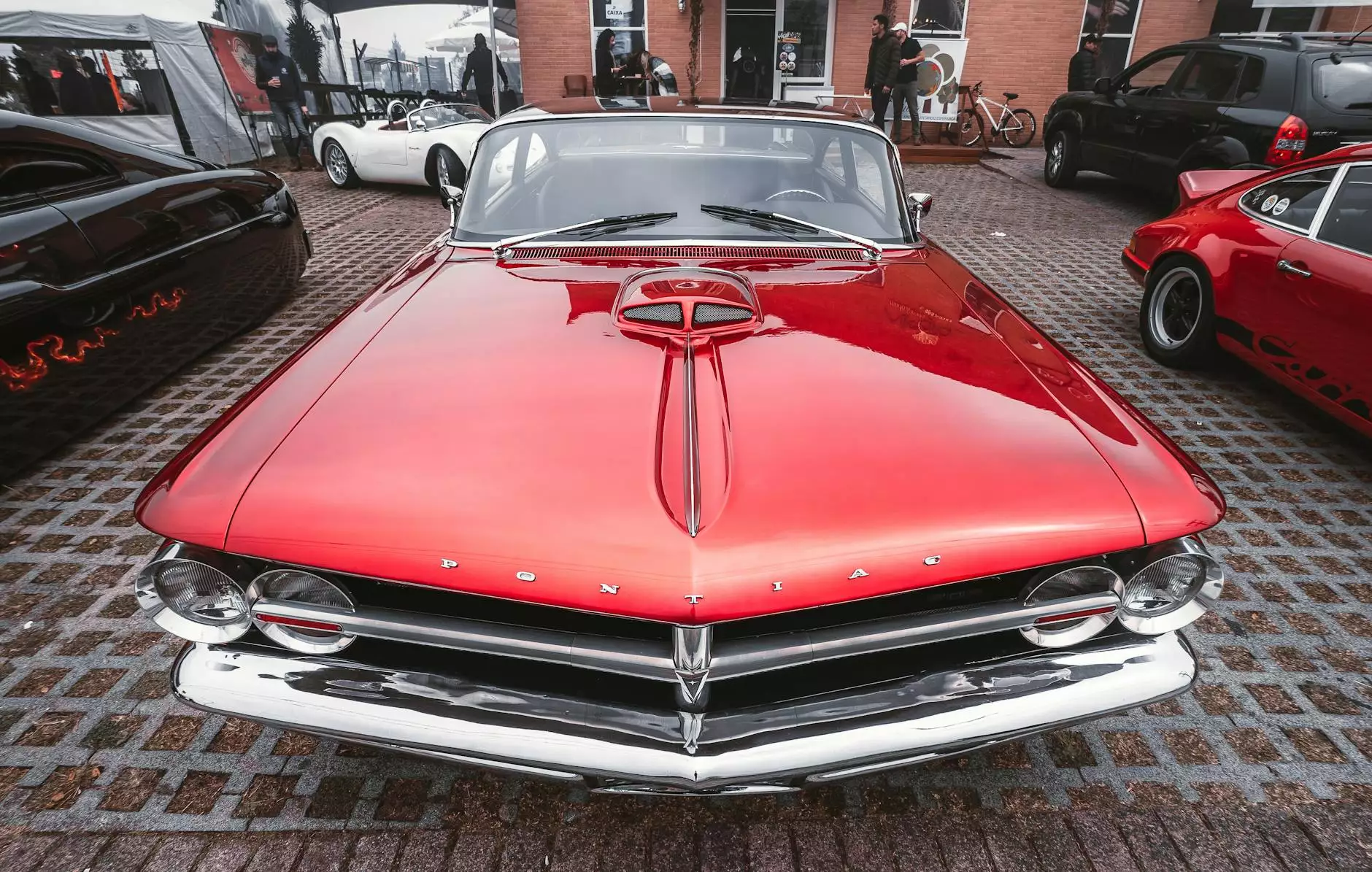Should I Buy or Lease a Car? | Leasing vs. Buying

Introduction
Welcome to Auto Grille Pros, your go-to source for expert advice on all things related to cars and automotive financing. In this article, we will delve into the question of whether you should buy or lease a car, providing you with detailed information to help you make the right decision.
Benefits of Buying
Buying a car offers several advantages. When you buy a car, you become the owner, giving you the freedom to customize and modify it according to your preferences. Additionally, as the car's value depreciates over time, you can build equity and potentially sell it at a later date. Furthermore, there are no mileage restrictions, and once you've paid off your loan, you'll no longer have monthly payments.
Long-Term Ownership
One of the primary benefits of buying a car is the long-term ownership it offers. Unlike leasing, where you return the vehicle at the end of the lease term, buying a car means you can keep it for as long as you want. This can be especially advantageous if you plan to keep the car for many years or have a sentimental attachment to your vehicle.
Customization
With car ownership comes the ability to customize your vehicle. Whether it's adding aftermarket accessories, upgrading performance parts, or applying a unique paint job, buying a car gives you the freedom to make it your own. This level of personalization can't be achieved with a leased vehicle, making buying an appealing option for those who enjoy customization.
Equity
As you make monthly loan payments on your car, you're gradually building equity. Equity refers to the difference between the car's value and the remaining loan balance. Over time, as you pay off more of the loan, your equity increases. This equity can be beneficial when it's time to sell or trade in your car, as it can be used as a down payment for your next vehicle.
Benefits of Leasing
Leasing a car also comes with its own set of advantages. Leasing allows you to drive a new car with the latest technology and features without committing to long-term ownership. You can enjoy lower monthly payments and avoid the hassle of selling the vehicle in the future. Additionally, lease terms often coincide with the manufacturer's warranty coverage, providing peace of mind for any potential repairs.
Lower Monthly Payments
One of the most appealing aspects of leasing a car is the lower monthly payments compared to buying. When you lease, you're essentially paying for the depreciation of the vehicle over the lease term, rather than the entire purchase price. This can free up more money in your monthly budget for other expenses or savings.
Newer Vehicles
Leasing allows you to drive a new car every few years. This means you can enjoy the latest advancements in technology, safety features, and comfort without having to commit to a long-term purchase. If staying up-to-date with the newest models and technology is important to you, leasing provides the opportunity to do so.
Warranty Coverage
Most lease terms align with the manufacturer's warranty coverage, ensuring that any potential repairs or maintenance costs are covered. This can provide peace of mind and protect you from unexpected expenses associated with owning an older vehicle. Lease terms typically range from 2 to 4 years, which means you'll be driving a vehicle that's covered by warranty for the duration of your lease.
Factors to Consider
When deciding whether to buy or lease a car, there are several factors to consider. These include your budget, lifestyle, driving habits, and long-term goals. It's important to evaluate the pros and cons of each option based on your individual circumstances.
Budget
Consider your monthly budget and how much you can comfortably afford. Leasing generally requires lower monthly payments compared to buying, but it's important to factor in other costs such as insurance, maintenance, and potential mileage overages.
Lifestyle and Driving Habits
Think about your lifestyle and how you intend to use the vehicle. If you tend to put high mileage on your car or have a long commute, buying may be a better option to avoid costly mileage penalties. On the other hand, if you prefer driving newer cars and want to stay up-to-date with the latest models, leasing would be a suitable choice.
Long-Term Goals
Consider your long-term goals and how owning or leasing a car aligns with them. If you value long-term ownership, building equity, and having the freedom to customize your vehicle, buying would be the ideal choice. If you prefer the flexibility of driving a new car every few years, lower monthly payments, and the simplicity of returning the vehicle at the end of the lease term, leasing would be more suitable.
Conclusion
Ultimately, the decision of whether to buy or lease a car depends on your personal preferences and financial situation. Both options have distinct advantages and considerations. At Auto Grille Pros, we believe in providing comprehensive information to help you make an informed decision. Weigh the pros and cons outlined in this article and consider consulting with our experts to ensure you choose the best option for your needs.










